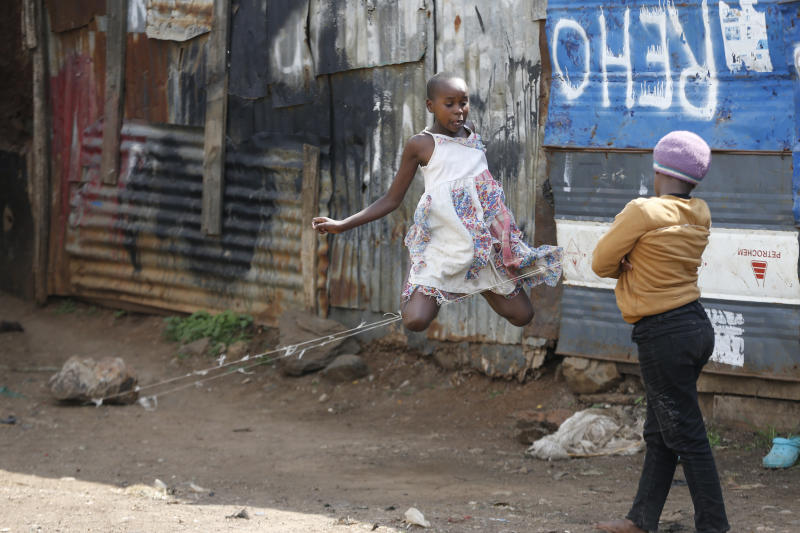×
The Standard e-Paper
Home To Bold Columnists

I am one of the fake Nairobians who lie to kinsmen that I live in Nairobi. Truth is, like them, I have no clue what happens in the big city of lights because I am a resident of the rural and dusty Machakos County.
I remain for all practical purposes that nervous villager who fled the village in 1993, but still flees across highways like a frightened mongrel on the rare occasion I venture into the CBD.